Chromatin/Epigenetics


Epigenetics is the heritable modifications in gene expression that is not associated with changes in DNA sequence. Epigenetic modifications occur mostly on DNA or on the histone octamer. There are several types of epigenetics modifications, DNA methylation by DNA-methyl transferase (DNMT) and covalent modification of histones (e.g. acetylation, methylation, phosphorylation and ubiquitination). Histone acetylation by histone acetyltransferases (HATs) is involved in transcriptional activation, whereas histone deacetylation by histone deacetylases (HDACs) is connected with transcriptional repression. Histone demethylation is associated with lysine-specific demethylase (LSD) and JmjC domain containing histone demethylase (JHDM).
The nucleosome is consisted of four histone proteins (H2A, H2B, H3, and H4), they are primary building block of chromatin. The addition and removal of specific chemical groups refers to as epigenetic marks, it regulates chromatin structure and affects gene expression. Moreover, RNA is intimately involved in the formation of a repressive chromatin state.
Epigenetic mechanism responds to environmental changes at the cellular level and thus influences cellular plasticity. Chromatin and epigenetic regulation play a significant role in the programming of the genome during development and stress response, defects in epigenetics can lead to cancer, inflammation and metabolic disorders etc.
-
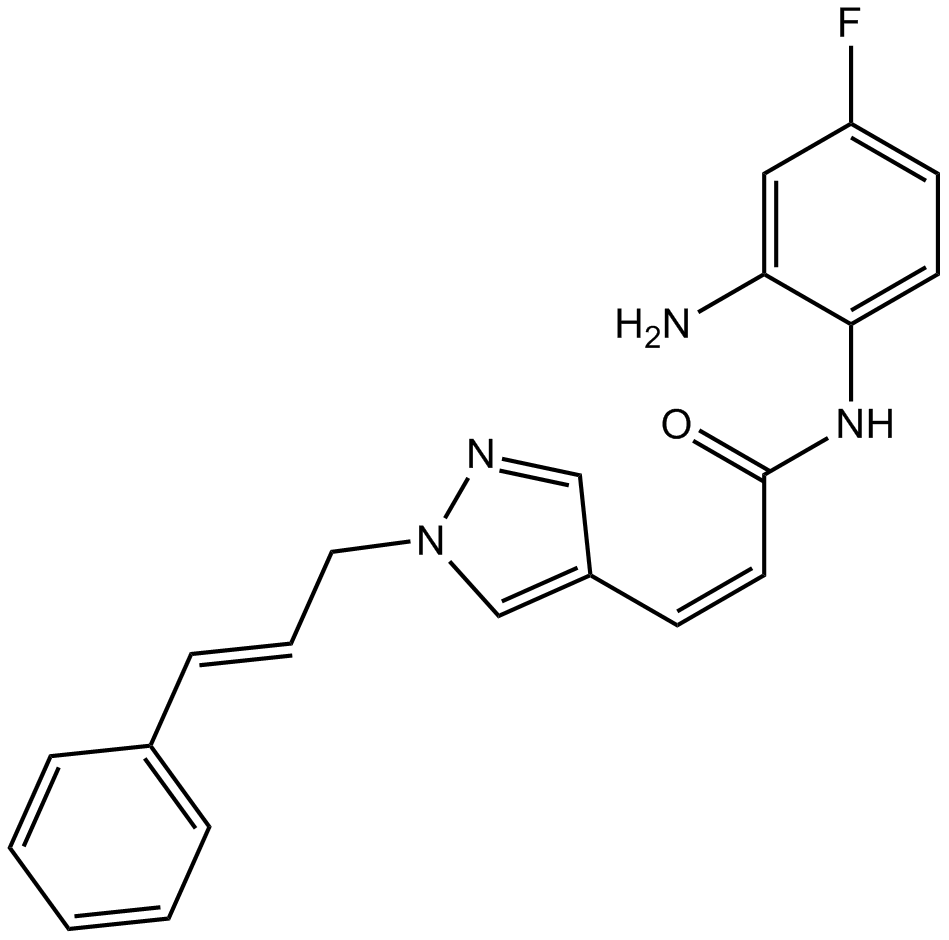 A8803 RGFP9665 CitationTarget: Histone Deacetylases (HDACs)Summary: Specific HDAC3 inhibitor
A8803 RGFP9665 CitationTarget: Histone Deacetylases (HDACs)Summary: Specific HDAC3 inhibitor -
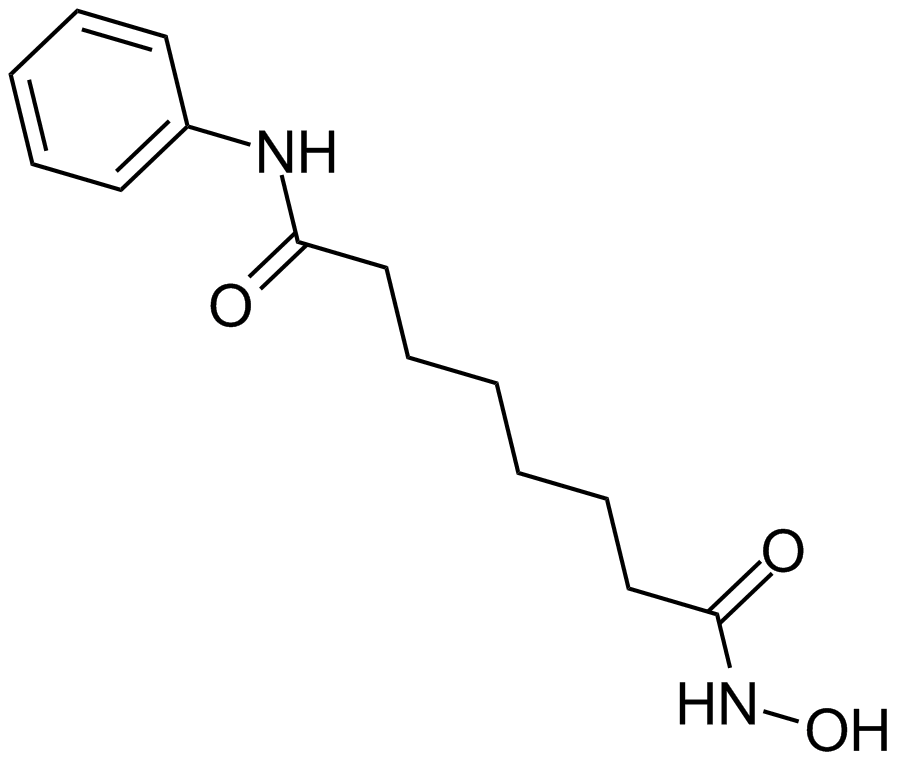 A4084 Vorinostat (SAHA, MK0683)22 CitationTarget: Histone Deacetylases (HDACs)Summary: HDAC inhibitor
A4084 Vorinostat (SAHA, MK0683)22 CitationTarget: Histone Deacetylases (HDACs)Summary: HDAC inhibitor -
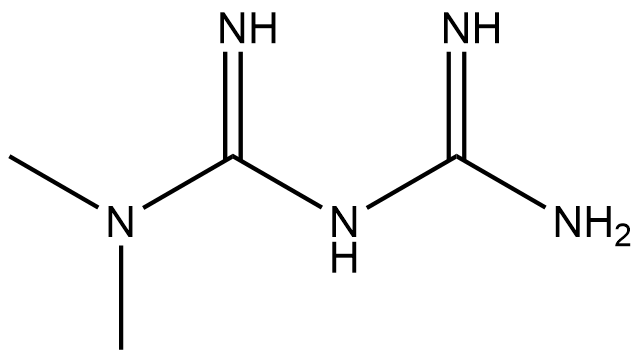 A4723 Metformin
A4723 Metformin -
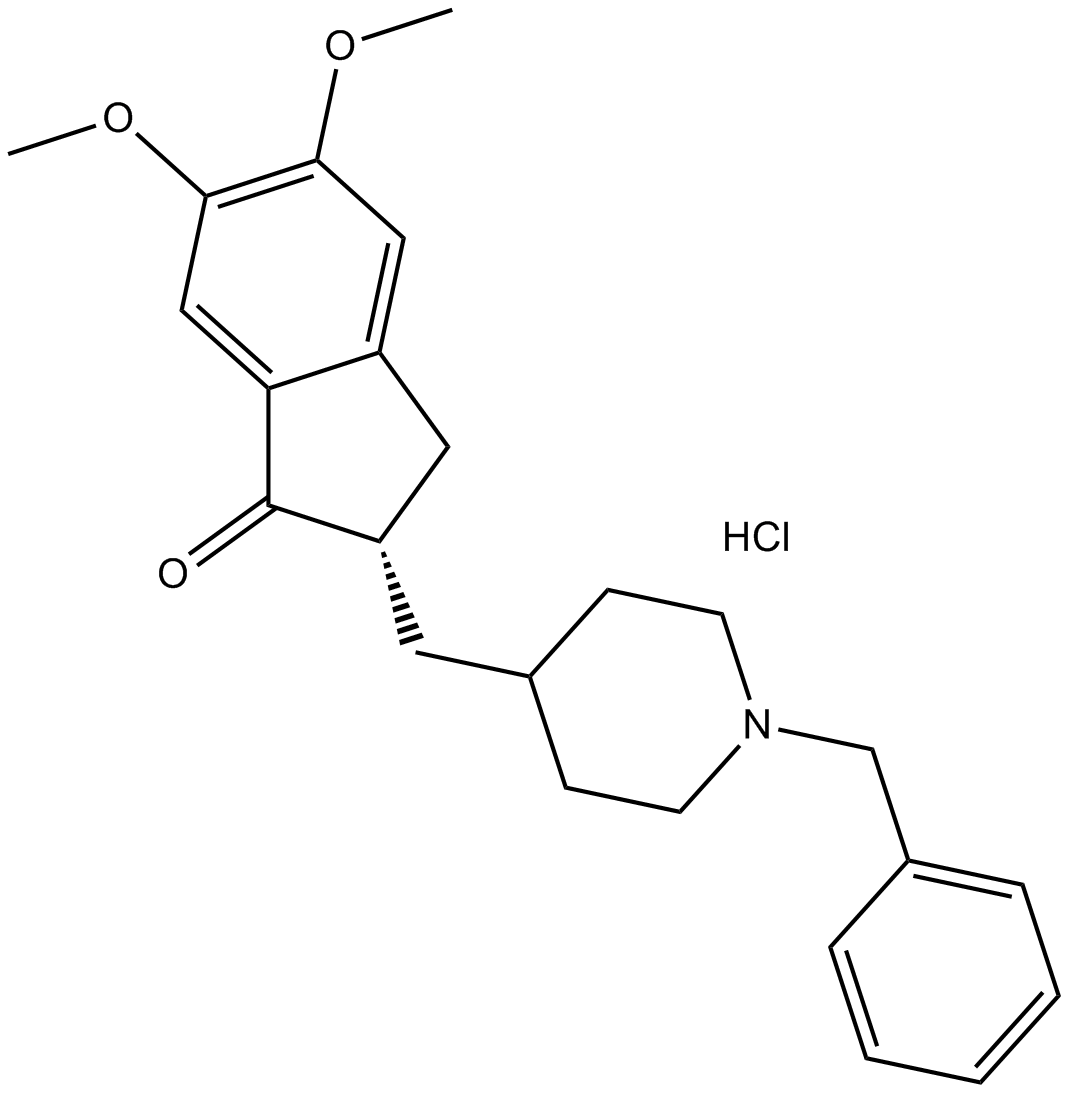 B1602 Donepezil HClTarget: AChESummary: AChE inhibitor
B1602 Donepezil HClTarget: AChESummary: AChE inhibitor -
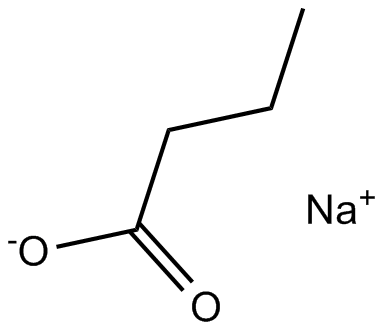 B1835 Sodium butyrate1 CitationTarget: Histone Deacetylases (HDACs)Summary: Histone deacetylase inhibitor
B1835 Sodium butyrate1 CitationTarget: Histone Deacetylases (HDACs)Summary: Histone deacetylase inhibitor -
 BA4361 SK-575Summary: SK-575 is a highly efficient and specific degrader of protein hydrolysis-targeted chimeras.
BA4361 SK-575Summary: SK-575 is a highly efficient and specific degrader of protein hydrolysis-targeted chimeras. -
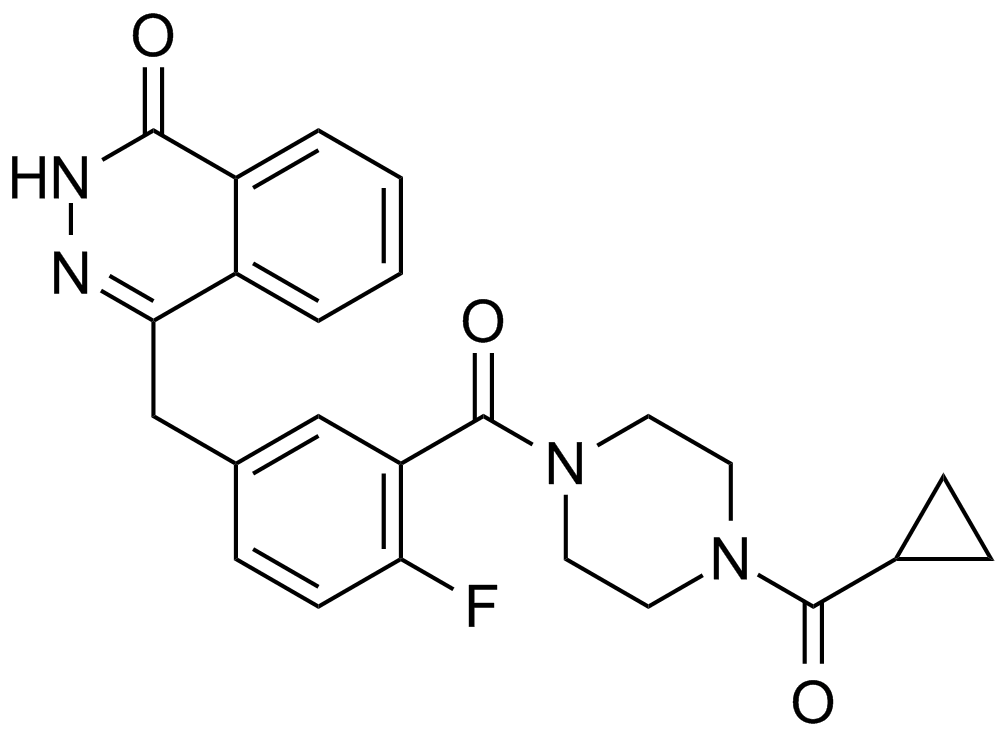 A4154 Olaparib (AZD2281, Ku-0059436)30 CitationSummary: PARP-1/2 inhibitor
A4154 Olaparib (AZD2281, Ku-0059436)30 CitationSummary: PARP-1/2 inhibitor -
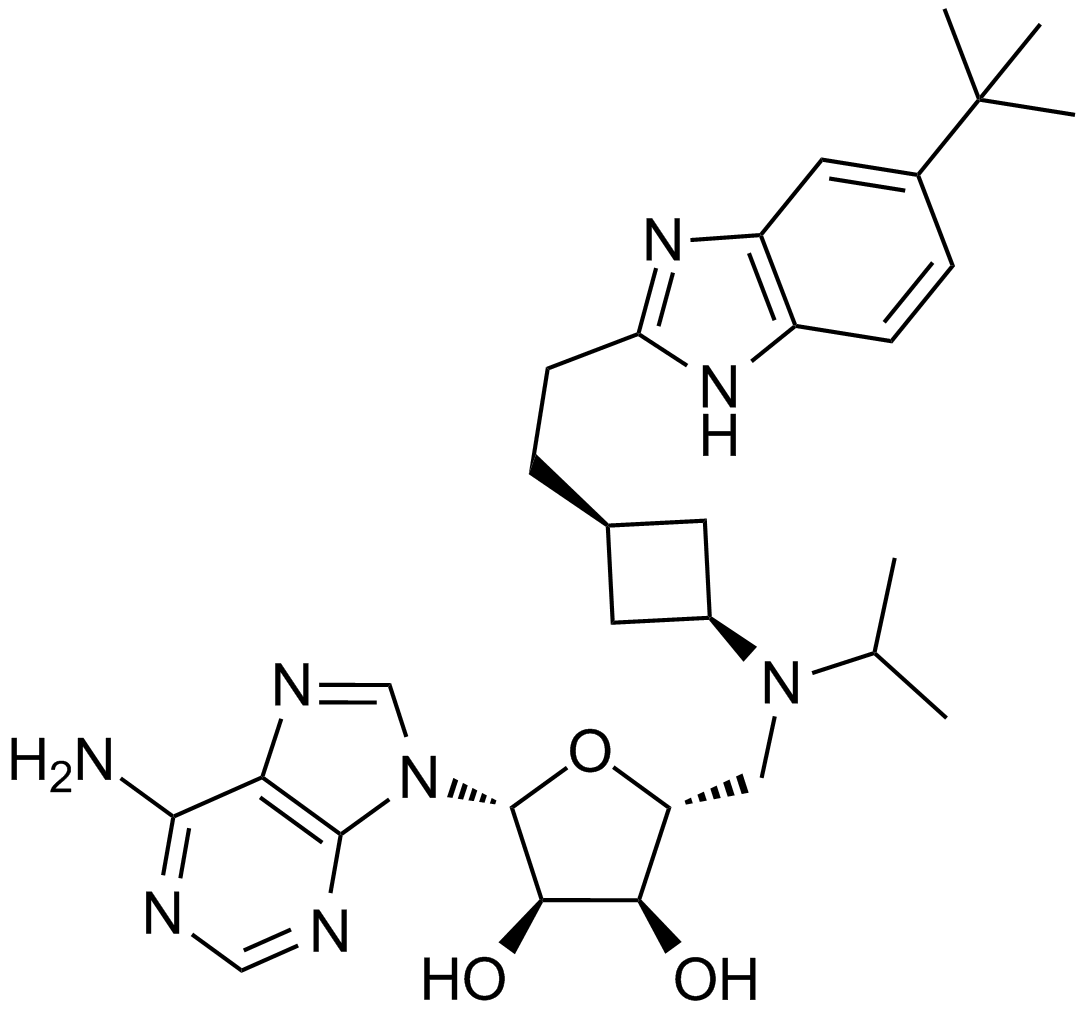 A4166 EPZ56762 CitationTarget: DOT1LSummary: DOT1L inhibitor,potent and SAM competitive
A4166 EPZ56762 CitationTarget: DOT1LSummary: DOT1L inhibitor,potent and SAM competitive -
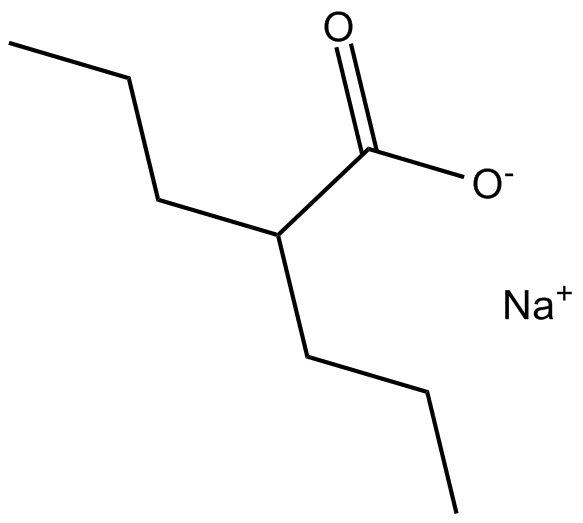 A4099 Valproic acid sodium saltTarget: Histone Deacetylases (HDACs)Summary: A class I HDAC inhibitor
A4099 Valproic acid sodium saltTarget: Histone Deacetylases (HDACs)Summary: A class I HDAC inhibitor -
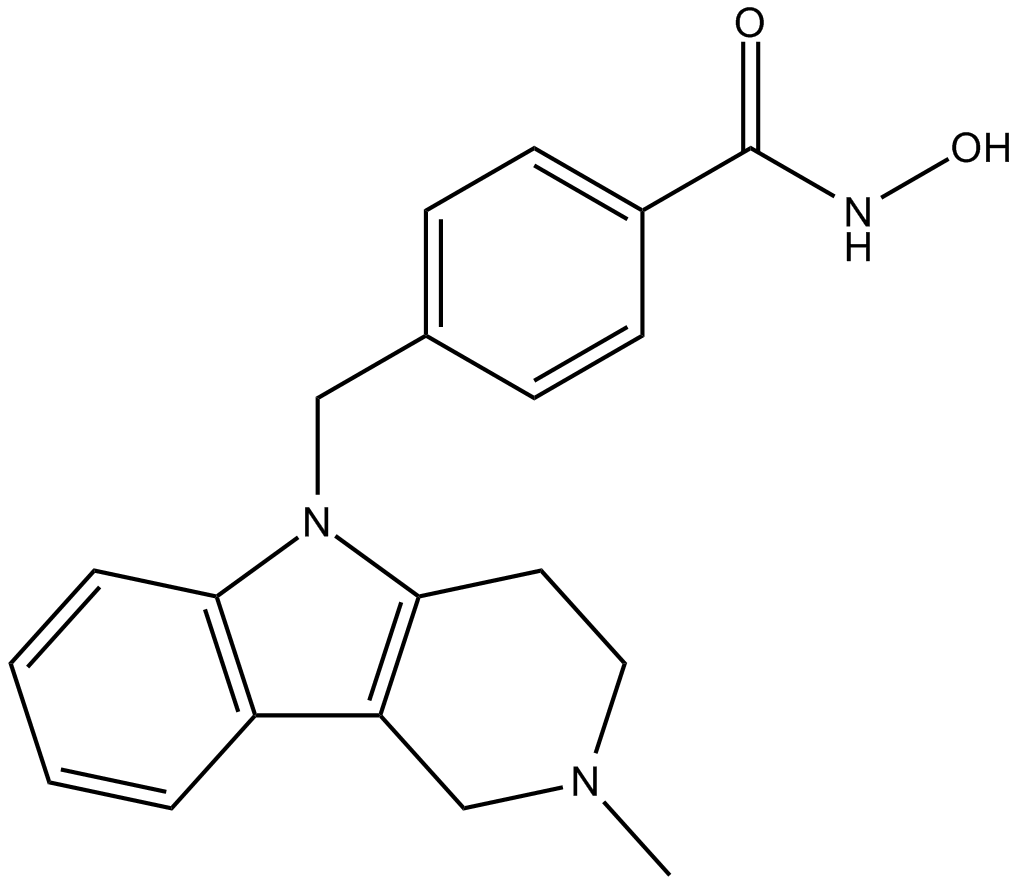 A4101 Tubastatin A11 CitationTarget: Histone Deacetylases (HDACs)Summary: HDAC6 inhibitor,potent and selective
A4101 Tubastatin A11 CitationTarget: Histone Deacetylases (HDACs)Summary: HDAC6 inhibitor,potent and selective


